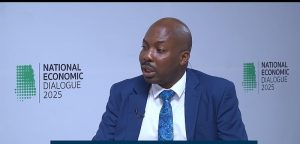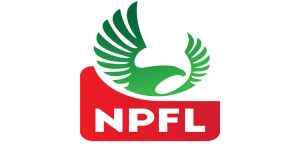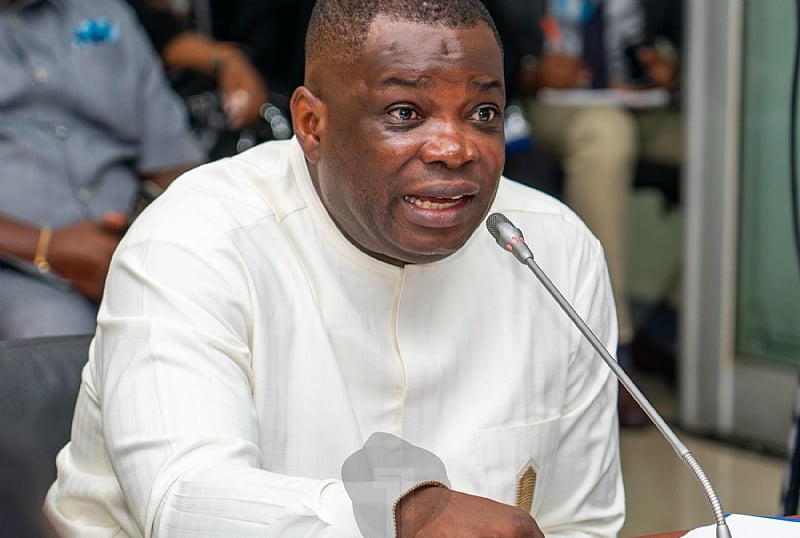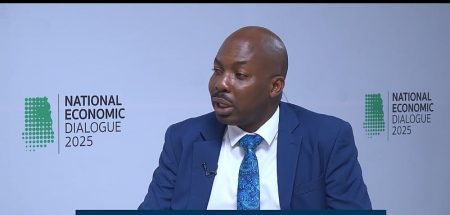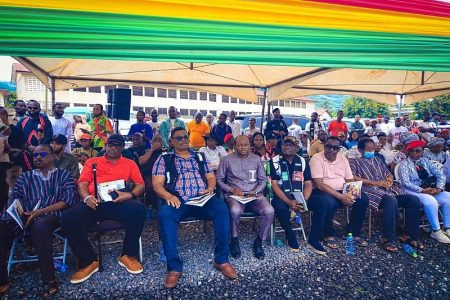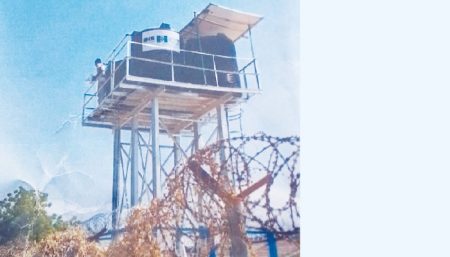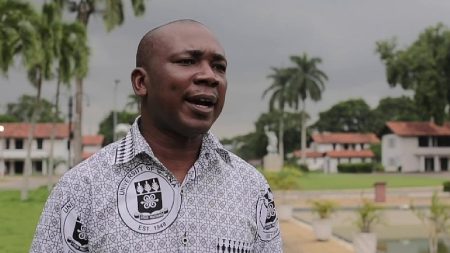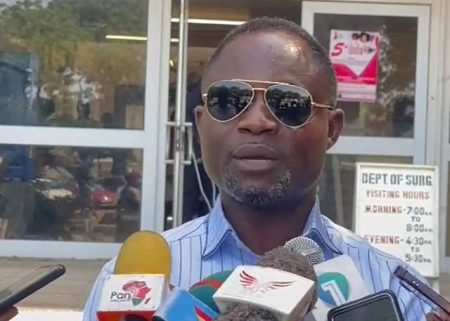The Tamale-Walewale road project in Ghana has become mired in controversy due to the negligible progress made despite a substantial payment to the contractor. Governs Kwame Agbodza, the Minister for Roads and Highways, revealed to Parliament that only 1% of the project has been completed, even though the Indian-based construction firm, originally JMC but now operating as Kalpatura Projects, has received $29.6 million. This payment represents 20% of the total $158 million contract for the first phase, covering the stretch from Savelugu to Walewale. The project, initially slated to begin in June 2022 and conclude in December 2025, faced a significant setback when the contractor issued a notice of contract termination in March 2024. This move has raised serious concerns about the future of the project and the proper utilization of public funds.
The Minister’s statement highlighted the stark disparity between the payment made and the work accomplished. He pointed out that the 1% progress indicates that even basic site clearing wasn’t fully completed. Furthermore, in addition to the nearly $30 million already received, the contractor is reportedly seeking an additional $14 million without demonstrable work to justify the claim. This attempt to extract further payment while simultaneously seeking to terminate the contract has understandably drawn the ire of the government. The Minister emphasized the government’s determination to hold the contractor accountable, stating that legal action will be pursued if the company fails to deliver on its contractual obligations.
The situation is further complicated by the context of outstanding payments owed to Ghanaian contractors. Minister Agbodza expressed his frustration that while the government struggles to pay domestic contractors over GHC21 billion (Ghanaian Cedis), a substantial sum in US dollars has been disbursed to a foreign firm with minimal results. This disparity underscores the potential negative impact on local industry and raises questions about the prioritization of payments. The Minister’s commitment to pursuing legal action is driven by the need to ensure responsible use of public funds and to prevent the loss of the significant investment already made in the Tamale-Walewale road project.
The government’s response to this situation will be closely scrutinized, as it has implications for future infrastructure projects and the management of public finances. The pursuit of legal action signals a strong stance against potential contractual breaches and a commitment to protecting taxpayer money. It also raises broader questions about the due diligence processes involved in awarding contracts to foreign firms and the mechanisms in place to monitor their performance. The case highlights the importance of robust contract management and oversight to ensure that projects are delivered as agreed and that public funds are used effectively.
The Tamale-Walewale road project is crucial for improving transportation infrastructure in northern Ghana, facilitating trade, and enhancing connectivity within the region. Its stalled progress due to the contractor’s actions has significant implications for the local communities and the broader economic development of the area. The government’s efforts to resolve the impasse and ensure the project’s completion are therefore of paramount importance. The outcome of this situation will likely influence future contracting practices and underscore the need for greater transparency and accountability in infrastructure development projects.
This case serves as a cautionary tale about the potential risks associated with international contracting and the importance of rigorous oversight. It highlights the need for clear contractual terms, robust performance monitoring, and effective legal recourse in cases of non-compliance. The government’s response will be critical not only for the Tamale-Walewale road project but also for establishing a precedent for future infrastructure projects and ensuring that public resources are used responsibly and effectively. The situation underscores the need for continuous evaluation and improvement of procurement processes to mitigate risks and safeguard public investments in crucial infrastructure projects.


